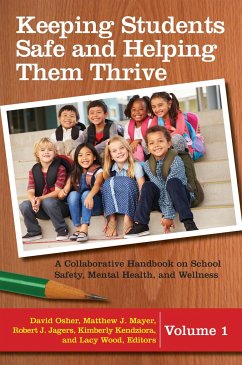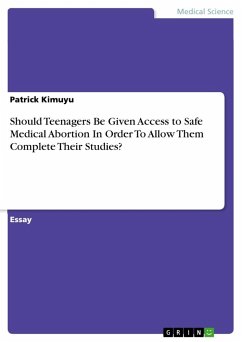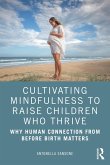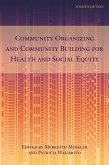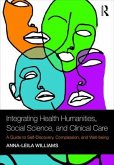Details the safety, mental health, and wellness issues in schools today and focuses on the interactions and collaborations needed among students, teachers, families, community members, and other professionals to foster the safety, learning, and well-being of all students. Safe schools and student well-being take a "village" of adults and students with varied interests, perspectives, and abilities collaborating to create caring, supportive, and academically productive schools. Schools are unofficial mental health care providers for children and youth who are placed at risk by social and economic circumstances and whose un- and under addressed needs can compromise teaching and learning. This handbook provides up-to-date information on how to promote safety, wellness, and mental health in a manner that can help draw the needed "village" together. It aligns research and practice to support effective collaboration-it provides information and tools for educators, administrators, policy makers, mental health and community organizations, families, parents, and students to join forces to promote and support school safety, student well-being, and student mental health. Chapters address school context, the dynamic nature of school communities and child development, and the importance of diversity and equity. Chapters provide in-depth understanding of why and how to improve safety, well-being, and mental health in a culturally responsive manner. They provide strategies and tools for planning, monitoring, and implementing change, methods for collaborating, and policy and practice guidance. They provide examples of successful and promising cross-system and cross-stakeholder collaborations. This handbook will interest students, scholars, faculty, and researchers in education, counseling, and psychology; administrators in human services and youth development; policy makers; and student, family, and community representatives.
Hinweis: Dieser Artikel kann nur an eine deutsche Lieferadresse ausgeliefert werden.
Hinweis: Dieser Artikel kann nur an eine deutsche Lieferadresse ausgeliefert werden.

